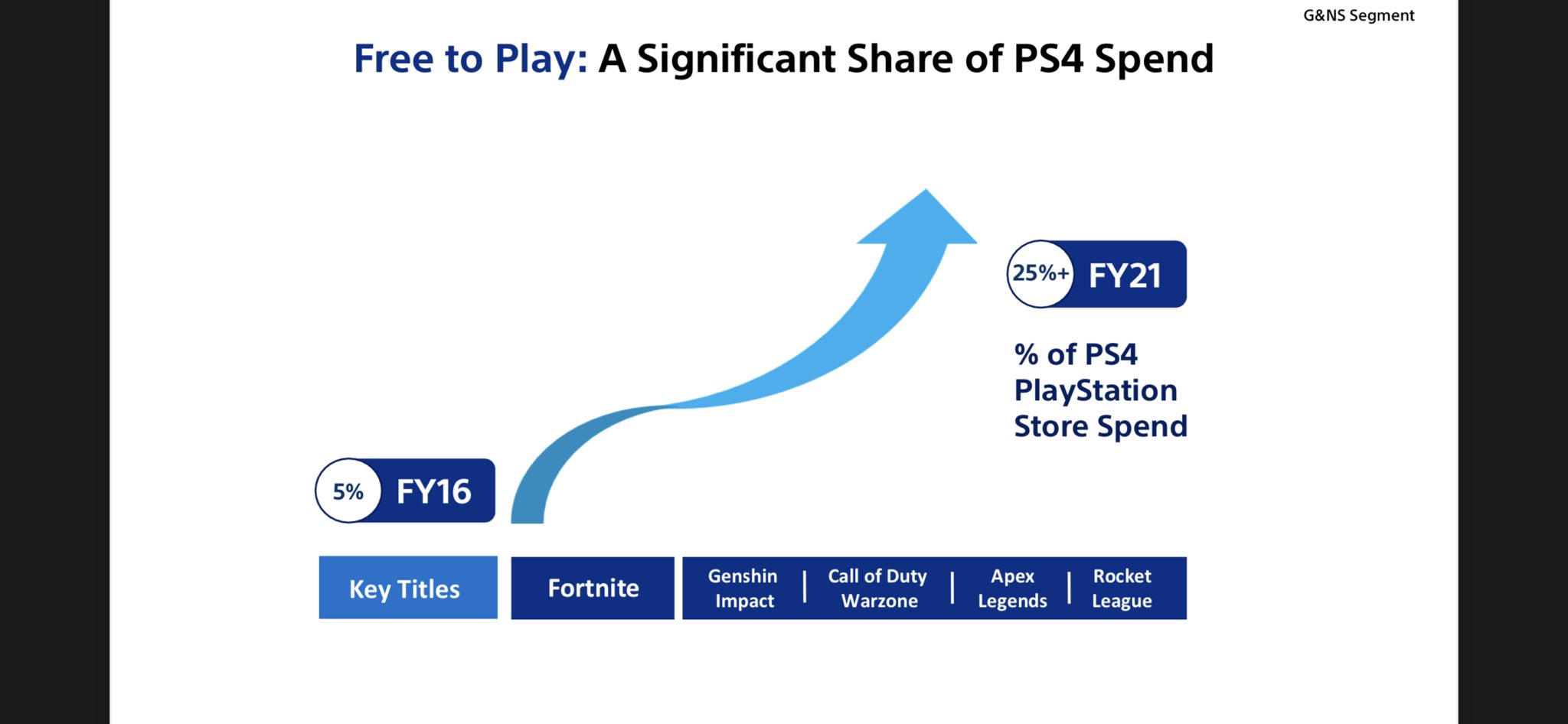- ARPDAUPosted 13 years ago
- What’s an impressive conversion rate? And other stats updatesPosted 13 years ago
- Your quick guide to metricsPosted 13 years ago
The Death of the Console, a book proposal -part 1 of 4
This is the FIRST part of the first chapter of a book proposal I sent out earlier this year. No publisher offered an advance against it, mainly because they felt it was too niche.
I liked it, and I wanted to publish it before it got too out of date. So here is. If you like it, please comment, retweet or share it on Facebook (or forward it to any publisher friends that you have)
The queue of people stretched for an entire San Francisco block. The men – and they were nearly all men – were here to see Nintendo President Satoru Iwata present the keynote at the Game Developer Conference 2009. Many were hoping for a revolutionary product from a company famous for forging its own path. They were to be disappointed. But Iwata revealed something even more startling: Nintendo’s flagship product, the Wii, had sold 50 million consoles faster than any other video game console in history.[1]
The Wii had beaten the previous record holder, the ageing PlayStation 2, to the 50 million milestone by more than 6 months. It was massively outselling its technologically superior rivals, Microsoft’s Xbox 360 and Sony’s PlayStation 3. Even when you added the units sold of the Xbox 360 and the PlayStation 3 together, the Wii was still out in front.[2]
And while many in the crowd were promptly distracted by the new Zelda game, the fact remains that the Wii has turned the entire console industry on its head.
***
Ever since the Atari 2600 was released in 1977, the games industry has been characterised by continuous technological advances. As Atari, Coleco and Mattel gave way to Nintendo and Sega, who then ceded ground to Microsoft and Sony, the common theme was that each new generation of hardware was a step-change in capabilities. The graphics, artificial intelligence, immersion and quality of the games improved with each new generation of hardware. Gamers paid hundreds of pounds to get their hands on machines that were promoted in breathless technobabble. Sony’s PlayStation 3 was announced as “the world’s most advanced Cell processor with super computer like power” and “overwhelming computing power of 2 teraflops”[3]. The announcement of the Xbox 360 from Microsoft was equally geeky: “With more than one teraflop of system-floating point performance, a three-core PowerPC-based CPU for the most-advanced artificial intelligence and physics processing, a custom ATI graphics processor, and more than 512 MB of memory for the ultimate in visual fidelity, the Xbox 360 hardware is a perfect blend of power, elegance and balance.”[4]
These technological advances do not come cheap. Microsoft’s Home Entertainment division has invested $21 billion over five years, with an operating loss of $5.4 billion.[5] Sony lost $3.1 billion in the games division in the two years to March 2008, arising “from the strategic pricing of PS3 hardware at points lower than its production cost”.[6]
With the Wii, Nintendo ignored that process. The Wii is barely more advanced than its predecessor, the GameCube. Every single console is profitable for the Kyoto-based company.[7] When the Wii (originally code-named Revolution) was announced in 2004, Iwata was asked about the technology. He replied “I could give you our technical specs, as I know you’d like that, but I won’t for a simple reason: they don’t really matter. The time when horsepower alone made all the difference is over.”[8]
Pundits were sceptical. Fifty million units later, he has been proved right.
* * *
Read the rest of the chapter: 1, 2, 3, 4
[1] Nintendo President announces Wii Storage Solution, New Zelda Game and 50 million global Wii shipment, 26th May 2009 (http://www.nintendo.co.uk/NOE/en_GB/news/2008/press_release_game_developers_conference_2009_11876.html)
[2] Xbox 360 Records Its Biggest Year Ever, Microsoft, January 7, 2009 reports that Xbox 360 had sold 28 million units and PlayStation 3 approximately 20 million (http://www.xbox.com/en-US/press/2009/0107-biggestyear.htm)
[3] Sony Computer Entertainment Inc. to launch its next generation computer entertainment system, May 16, 2005 (http://www.scei.co.jp/corporate/release/pdf/050517e.pdf)
[4] Xbox 360 Ushers in the Future of Games and Entertainment, May 12, 2005 (http://www.microsoft.com/presspass/press/2005/may05/05-12360MTVUnveilPR.mspx )
[5] Japanese Failure Dooms Xbox 360, Forbes.com, April 18, 2007 (http://www.forbes.com/2007/04/18/xbox-microsoft-nintendo-pf-ii-in_re_0418soapbox_inl.html)
[6] Sony SEC Edgar Form 20F, March 2008 (http://www.sony.net/SonyInfo/IR/library/qfhh7c00000gucvw-att/FY07_20F_PDF.pdf)
[7] Interview with Reggie Fils-Aime, Reuters, September 14, 2006 (http://blogs.reuters.com/mediafile/2006/09/14/nintendo-takes-on-playstation-xbox-interview/)
[8] Reported by IGN (http://uk.cube.ign.com/articles/522/522559p1.html)












